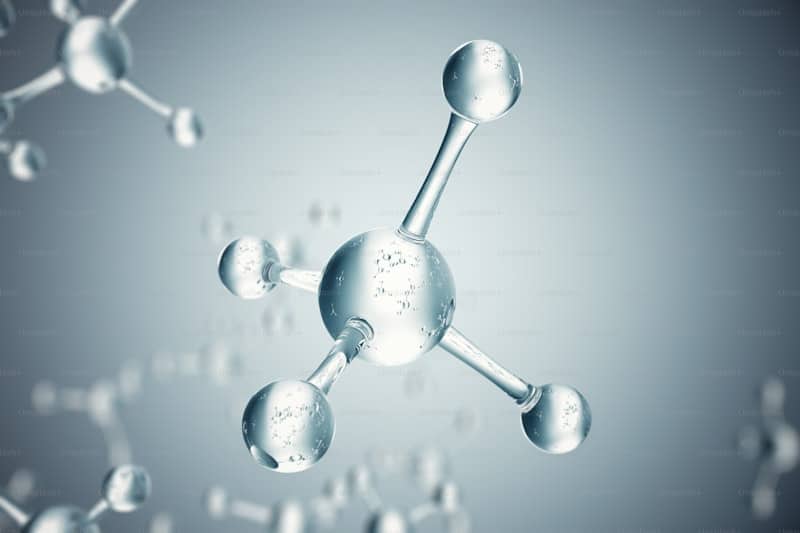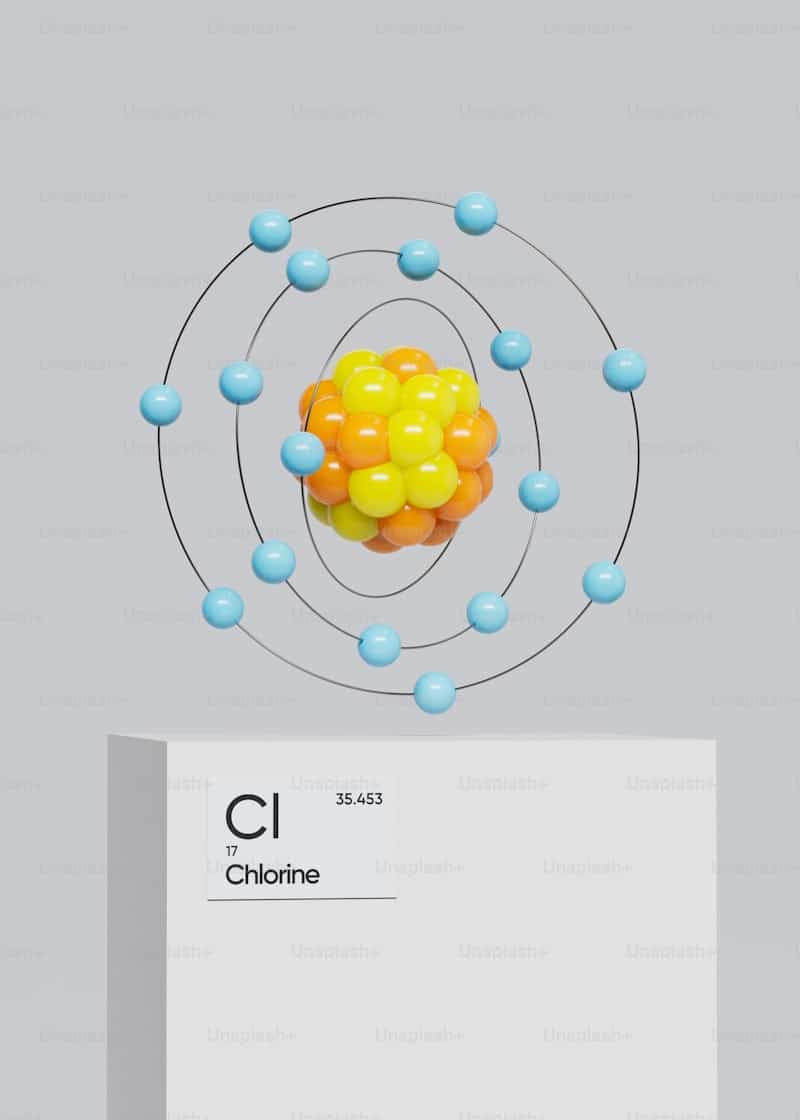Firstly, a CMMS provides a centralized hub for managing maintenance tasks and schedules. It’s like having a digital assistant that meticulously plans and tracks maintenance activities for critical equipment used in chemical production. This proactive approach minimizes downtime due to unexpected breakdowns, ensuring production runs smoothly without interruptions.
Secondly, data-driven decision-making becomes a breeze with a CMMS. Picture a crystal-clear view of maintenance history, equipment performance metrics, and real-time insights at your fingertips. This wealth of information empowers chemical industry managers to identify trends, predict potential issues, and allocate resources more effectively. It’s akin to having a weather forecast for machinery health — you can prepare and act before storms hit.
Moreover, CMMS systems promote compliance and safety in the chemical sector. They ensure that equipment meets stringent regulatory standards through regular inspections, audits, and maintenance checks. Think of it as a vigilant watchdog that ensures operations are not only efficient but also adhere to strict industry regulations and safety protocols.
Furthermore, the financial benefits of using a CMMS are significant. By reducing downtime, optimizing maintenance schedules, and extending equipment lifespan through timely interventions, chemical companies can save substantial costs. It’s akin to extending the mileage of a car by keeping it finely tuned and serviced — less money spent on repairs and replacements means more resources for growth and innovation.
In essence, a CMMS isn’t just a tool; it’s a strategic asset that transforms how the chemical industry manages its maintenance operations. It’s about leveraging technology to enhance productivity, ensure compliance, and ultimately, achieve operational excellence. Imagine the chemical industry as a high-performance engine — a CMMS is the fuel that keeps it running smoothly, efficiently, and safely day after day.
Streamlining Safety and Compliance: How CMMS Transforms Chemical Facility Operations
CMMS is like a vigilant sentinel, keeping watch over every aspect of facility operations. From tracking maintenance schedules to managing inventory and ensuring regulatory compliance, CMMS acts as a central nervous system for operational efficiency. It doesn’t just streamline processes; it enhances them, minimizing downtime, reducing errors, and ultimately saving costs.
But how exactly does CMMS achieve this? Picture it as a conductor orchestrating a complex symphony of tasks. By automating routine maintenance schedules, it prevents equipment breakdowns before they happen, keeping production lines humming without interruption. Moreover, CMMS provides real-time data analytics, offering actionable insights into equipment performance and regulatory adherence. This proactive approach not only ensures compliance with safety regulations but also fosters a culture of continuous improvement within the facility.
In the dynamic world of chemical facilities, where change is constant and compliance is non-negotiable, CMMS offers stability and assurance. It empowers facility managers with tools to track safety protocols, manage audits effortlessly, and adapt swiftly to regulatory updates. This adaptability is crucial, ensuring that the facility not only meets but exceeds industry standards.
In essence, CMMS is the linchpin in the machinery of modern chemical facility operations. It doesn’t just keep things running smoothly; it sets the stage for excellence. By integrating technology with operational know-how, CMMS transforms challenges into opportunities, paving the way for safer, more efficient, and compliant operations in the complex world of chemical manufacturing.
Cost Savings Unveiled: The Financial Impact of CMMS in Chemical Manufacturing
Imagine CMMS as the conductor in an orchestra, harmonizing the symphony of manufacturing operations. It orchestrates maintenance schedules, tracks equipment performance, and predicts maintenance needs before issues escalate. This proactive approach not only minimizes downtime but also prevents costly repairs that could disrupt production.
Cost savings in chemical manufacturing with CMMS are substantial. By streamlining maintenance workflows and ensuring equipment reliability, companies can avoid unplanned downtime, which can cost millions in lost production. CMMS helps in scheduling maintenance during off-peak times, maximizing uptime and operational efficiency.
Moreover, CMMS enhances inventory management by optimizing spare parts inventory. It ensures that critical components are available when needed, reducing inventory carrying costs without risking stockouts that could halt production lines. This lean approach to inventory aligns perfectly with cost-conscious strategies in manufacturing.
In the realm of regulatory compliance, CMMS shines by maintaining detailed records of maintenance activities and equipment history. This transparency not only facilitates audits but also mitigates risks associated with non-compliance fines and penalties, further safeguarding financial resources.
Enhancing Efficiency: CMMS Solutions Revolutionize Chemical Plant Maintenance
Imagine a chemical plant humming with activity, every valve and pump working in perfect harmony like a symphony orchestra. This seamless operation isn’t by chance but by the meticulous planning and execution enabled by CMMS solutions. These systems act as the digital backbone, organizing maintenance schedules, tracking equipment performance, and even predicting potential failures before they happen.
At the heart of CMMS is its ability to centralize data. Every maintenance task, from routine inspections to complex repairs, is logged and tracked in real-time. This not only enhances accountability but also empowers decision-makers with actionable insights. Managers can now pinpoint trends, identify recurring issues, and strategize proactively to prevent costly breakdowns.

Efficiency is the name of the game. By automating repetitive tasks and integrating with IoT devices, CMMS solutions ensure that technicians spend less time on paperwork and more time where it matters—on the plant floor. This not only boosts productivity but also morale, as workers can focus on tasks that add direct value to operations.
In the competitive landscape of chemical production, downtime is more than an inconvenience—it’s a financial blow. CMMS solutions mitigate this risk by optimizing asset performance and extending equipment lifespan through timely maintenance. This proactive approach translates into substantial cost savings and competitive advantage for plants embracing these technological advancements.
From Reactive to Proactive: Preventive Maintenance with CMMS in Chemical Plants
CMMS, or Computerized Maintenance Management System, plays a pivotal role in this transformation. It’s not just about fixing things when they break anymore. With CMMS, chemical plants can schedule regular inspections, predict when equipment might need servicing based on data analytics, and even automate routine tasks. It’s like having a crystal ball that tells you exactly when and how to keep your operations running smoothly.
Let’s break it down. Reactive maintenance is like waiting for your car to break down on the highway before getting an oil change. It’s stressful, costly, and could have been avoided with a little foresight. On the flip side, proactive maintenance with CMMS is akin to getting regular check-ups and oil changes on schedule, ensuring your car runs like a dream and avoids those dreaded roadside breakdowns.
In the chemical industry, where precision and reliability are non-negotiable, CMMS ensures that critical equipment is always in top shape. From valves and pumps to reactors and distillation columns, every component plays a crucial role. By staying ahead of potential issues, CMMS helps plants operate more efficiently, reduce downtime, and maintain the highest safety standards.

Think of it as a safety net woven with data and insights. CMMS doesn’t just react to problems—it anticipates them. It’s about being proactive in safeguarding operations, preventing disruptions, and ultimately, enhancing productivity and profitability.
Frequently Asked Questions
How does a CMMS enhance safety and compliance in chemical manufacturing?
Discover how a Computerized Maintenance Management System (CMMS) bolsters safety and compliance in chemical manufacturing. Learn how CMMS streamlines equipment maintenance, ensures timely inspections, and tracks regulatory requirements, fostering a secure and compliant operational environment.
How does a CMMS improve maintenance efficiency in chemical facilities?
Discover how a Computerized Maintenance Management System (CMMS) enhances maintenance efficiency in chemical facilities by streamlining work orders, scheduling preventive maintenance, managing inventory, and ensuring regulatory compliance. It centralizes data, reduces downtime, optimizes resource allocation, and improves overall operational reliability.
What is a CMMS and how does it benefit chemical plants?
Discover what a CMMS is and learn how it optimizes maintenance processes in chemical plants. From streamlined asset management to enhanced regulatory compliance, CMMS ensures operational efficiency and minimizes downtime, crucial for maintaining safety and productivity.
What are the cost-saving advantages of implementing a CMMS in the chemical industry?
Discover the cost-saving advantages of implementing a CMMS (Computerized Maintenance Management System) in the chemical industry. Learn how effective maintenance planning and asset management can reduce downtime, optimize inventory levels, and enhance overall operational efficiency.
What are the key features to look for in a CMMS tailored for chemical plants?
Key features to consider in a CMMS tailored for chemical plants include robust asset management capabilities for complex equipment, compliance with industry-specific regulations like OSHA and EPA, integration with SCADA systems for real-time monitoring, comprehensive maintenance scheduling with predictive maintenance capabilities, and detailed reporting for audits and analysis.